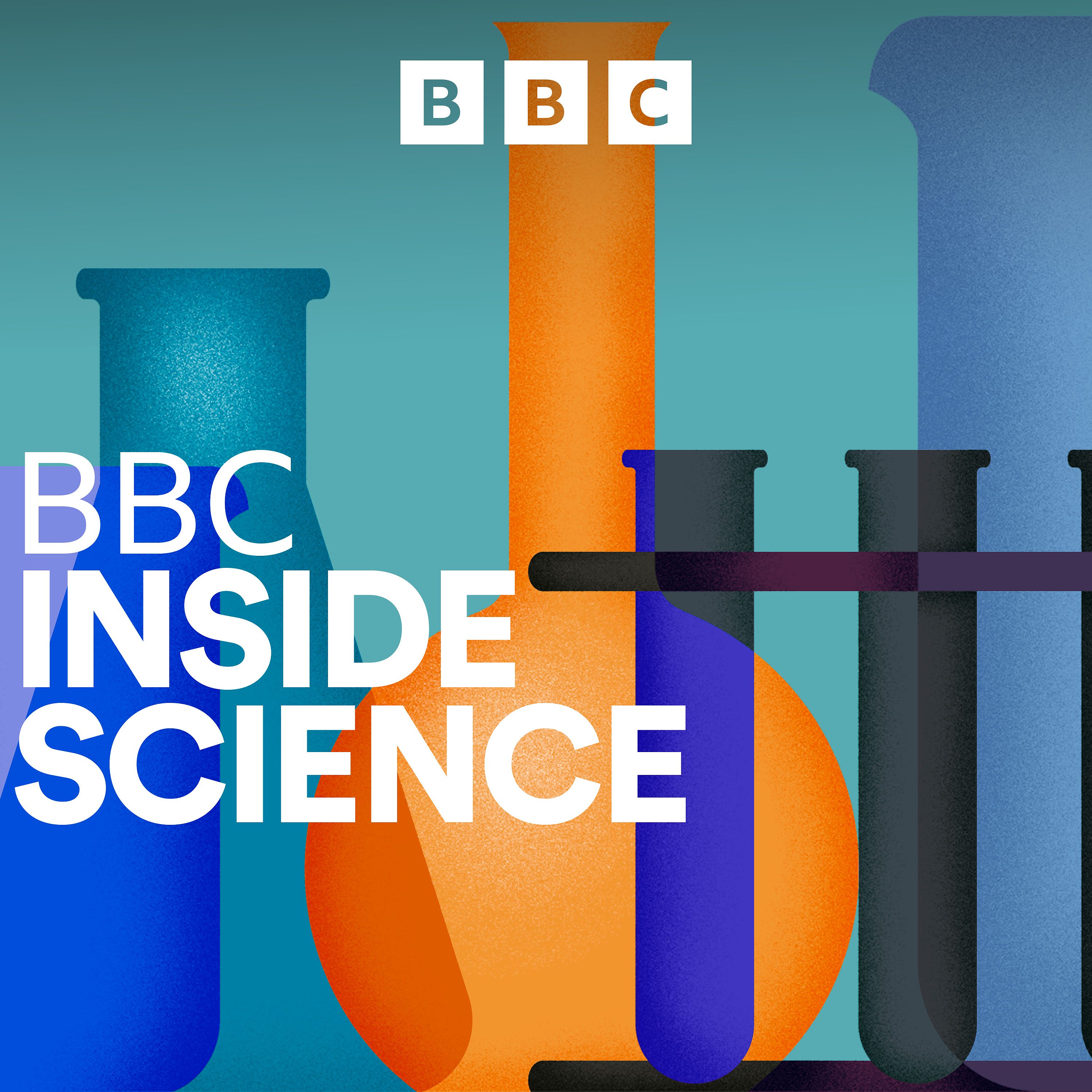

BBC Inside Science
BBC Radio 4
A weekly programme that illuminates the mysteries and challenges the controversies behind the science that's changing our world.
Episodes
Mentioned books

9 snips
Feb 22, 2024 • 28min
Hydrogen and the race to net zero
Exploration of UK's largest hydrogen hub, humpback whales mystery singing patterns, hermit crabs using plastic bottle caps as homes, challenges of carbon storage and hydrogen use, and Japanese Space Agency's moon lander mission update.

Feb 15, 2024 • 28min
A New Volcanic Era?
Scientists discuss the recent volcanic activity in Iceland and advancements in predicting eruptions. A study reveals the vast amount of microorganisms in the ocean. The creation of a global catalog of ocean genes is explored. The possibility of a new species related to the Tyrannosaurus Rex is debated.

8 snips
Feb 8, 2024 • 28min
Understanding Flood Forecasting
Learn about flood forecasting and the challenges of sending out flood alerts and warnings. Discover the potential habitability of Jupiter's moon, Europa, and the design of the Europa Clipper spacecraft. Explore the effects of exercise and video gaming on brain power and cognitive abilities. Dive into a study on the effects of immersive video games and the relationship between the body and the brain. Plus, find out the scientific explanation behind a viral video of a mouse tidying up objects in a shed.

Feb 1, 2024 • 29min
Space Exploration
Upcoming lunar missions to the Moon in 2024, including NASA's Artemis II mission with the first manned lunar flyby since 1972 and China's Chang'e 6 mission to collect rock samples from the far side of the moon. Insight into the Artemis II mission and its culinary delights in space. China's use of a relay satellite for their lunar mission and the impact of the Wolf Amendment. Potential discoveries from exploring the moon's surface and below, such as water-containing glass bits and high-density materials. The Europa clipper mission's goal to search for habitable environments on Europa and other icy ocean worlds.

Jan 25, 2024 • 28min
12 days of Christmas - science version
This Christmas edition of BBC Inside Science covers fascinating topics like a newly discovered tree frog species and promising drugs for Alzheimer's disease. It also delves into sonification of NASA's telescope images, an ancient wooden structure found in Zambia, and the discovery of thousands of new species in the ocean depths. Other interesting topics include video-calling parrots, the cognitive abilities of parrots, and the record high global ocean surface temperature.

Jan 18, 2024 • 28min
The Science of the South Pole
Scientists studying the carbon cycle at the South Pole discuss the hibernation habits of copepods and their role in carbon storage. The podcast also covers an eruption in Iceland, challenges faced by a scientific research team in the Southern Ocean, and the exciting adventures of exploring the South Pole. It concludes with a discussion on the science of creating a festive playlist and choosing the right music after Christmas dinner.

5 snips
Jan 11, 2024 • 28min
Biggest COP in history
COP 28 concluded with discussions on oceans, food security, and transitioning away from fossil fuels. Glada Lahn explains the potential shift from 'brown energy'. Casper Chater explores adapting crops to extreme weather events. Ko Barrett discusses oceans' role in mitigating climate change. Mervina Paueli shares experiences from Tuvalu, an island nation facing climate challenges.

Jan 4, 2024 • 28min
Vagrant Birds
Vagrant birds appearing in new locations and their impact on ecosystems. Boris Johnson's testimony and decision-making during the pandemic. The brain's inability to rewire itself after injury contradicts previous beliefs. Research on neurons and phantom limb pain after amputation. The psychological impact of approaching rehabilitation for brain injury patients.

Dec 28, 2023 • 28min
Finding Tunnels
Scientists explain the science of detecting tunnels and mines from above ground. The phenomenon of Northern Lights and how it can be seen in the UK. Assessment of countries' progress in climate commitments and highlights the UK's stance. Updates on the UK Covid-19 Inquiry including key government ministers giving evidence.

Dec 21, 2023 • 28min
UK Covid-19 Inquiry
Former Chief Scientific Adviser Patrick Vallance and Chief Medical Officer Chris Whitty testify at the UK Covid-19 Inquiry. NASA releases a toolkit in Earth's orbit. There is hope to curb global warming. Ed Yong's book wins the Royal Society Trivedi Science Book Prize.


